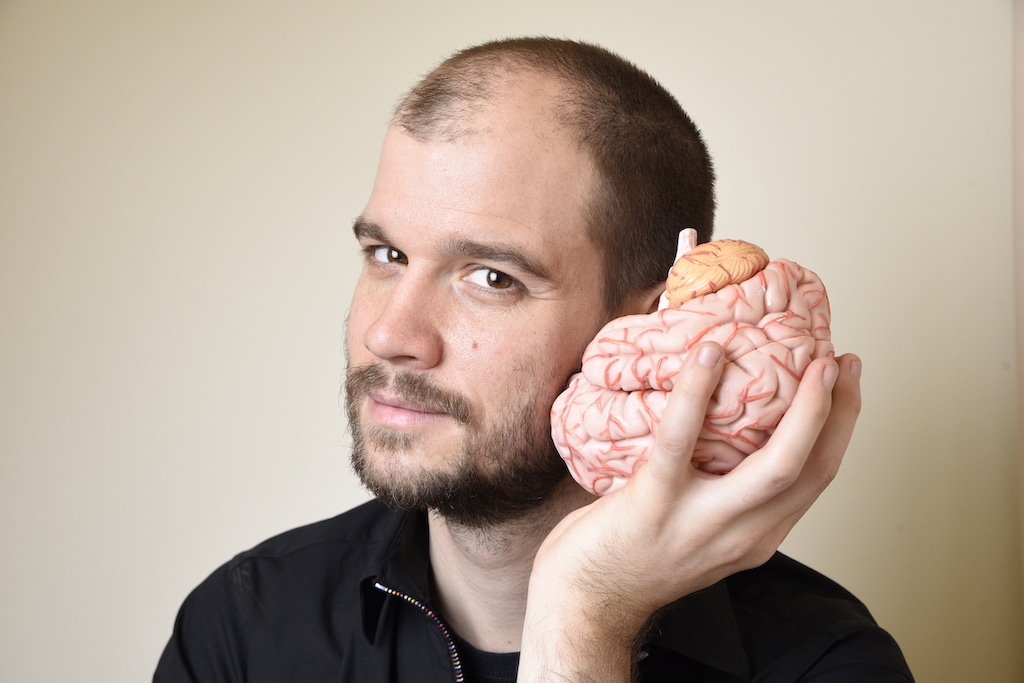This free program is for PMC patients experiencing memory change, or for those with mild cognitive impairment or early-stage dementia. Throughout a series of classes, participants will engage in collaborative and creative musical experiences, with a particular focus on creating new music. Participants will also be treated to musical performances by Curtis Institute students, including a concert at the end of the program! Beginners welcome.
Session 1 Schedule:
2 p.m. to 4 p.m. Tuesday, October 8, 2019
2 p.m. to 4 p.m. Tuesday, October 15, 2019
2 p.m. to 4 p.m. Tuesday, October 22, 2019
2 p.m. to 4 p.m. Tuesday, October 29, 2019
2 p.m. to 4 p.m. Tuesday, November 5, 2019
2 p.m. to 4 p.m. Tuesday, November 12, 2019
2 p.m. to 4 p.m. Tuesday, November 19, 2019
Session 2 Schedule:
2 p.m. to 4 p.m. Tuesday, January 21, 2020
2 p.m. to 4 p.m. Tuesday, January 28, 2020
2 p.m. to 4 p.m. Tuesday, February 4, 2020
2 p.m. to 4 p.m. Tuesday, February 11, 2020
2 p.m. to 4 p.m. Tuesday, February 18, 2020
2 p.m. to 4 p.m. Tuesday, February 25, 2020
2 p.m. to 4 p.m. Tuesday, March 3, 2020
2 p.m. to 4 p.m. Tuesday, March 10, 2020
Where:
The Curtis Institute of Music
1616 Locust Street, Philadelphia, PA
Lenfest Hall, Room LH314
RSVP by contacting:
Alexandra Acaba Barrocal at alexandra.acaba@pennmedicine.upenn.edu









